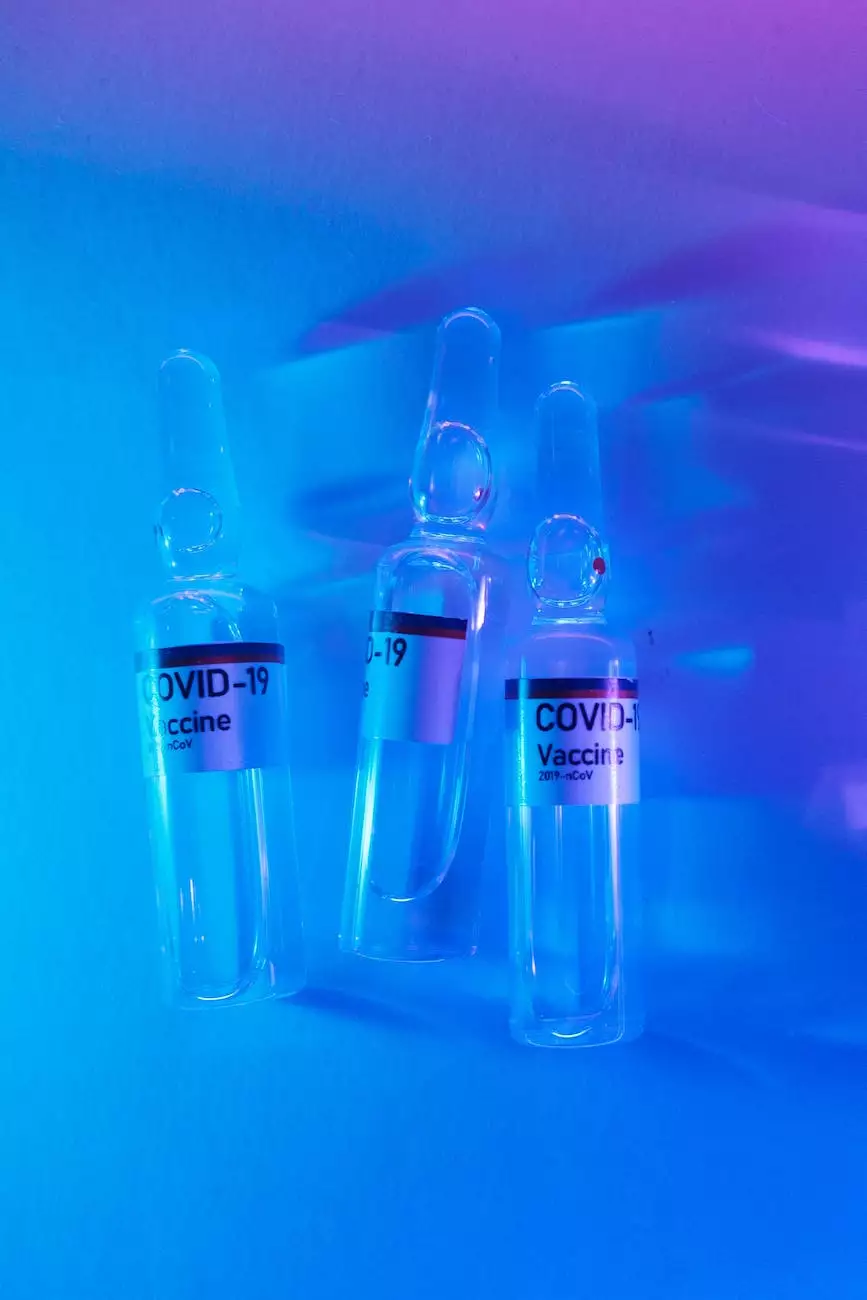Understanding Digestive Enzymes - Rochester Holistic Center
Blog
Introduction
Welcome to the Rochester Holistic Center, your trusted source for comprehensive information on understanding digestive enzymes. In this article, we will cover everything you need to know about digestive enzymes, their importance, and how they relate to your overall digestive health. Whether you are experiencing digestive issues or simply want to optimize your digestion, this guide will provide you with valuable insights and actionable steps to take.
What are Digestive Enzymes?
Digestive enzymes are specialized proteins that play a crucial role in breaking down food into smaller, more easily digestible molecules. They are secreted by various organs in the digestive system, including the salivary glands, stomach, pancreas, and small intestine. Each enzyme has a specific function and target, allowing for the efficient breakdown of different nutrients such as carbohydrates, proteins, and fats.
The Importance of Digestive Enzymes
Proper digestion is essential for nutrient absorption and overall health. Without sufficient digestive enzymes, your body may struggle to extract the necessary nutrients from food, leading to various digestive issues, nutrient deficiencies, and overall discomfort. Understanding the importance of digestive enzymes can help you make informed choices to support your digestive health.
Common Digestive Enzymes
There are several types of digestive enzymes, each with its own unique role in the digestion process. Let's explore some of the most common digestive enzymes and their functions:
1. Amylase
Amylase is an enzyme produced by the salivary glands and pancreas. It breaks down carbohydrates such as starch and glycogen into smaller sugar molecules like glucose, which can be easily absorbed by the body.
2. Protease
Protease enzymes, including pepsin, trypsin, and chymotrypsin, are responsible for the breakdown of proteins into smaller peptides and amino acids. They are produced in the stomach and pancreas, playing a crucial role in the digestion of dietary proteins.
3. Lipase
Lipase is an enzyme produced by the pancreas, small intestine, and stomach. Its primary function is to break down dietary fats into fatty acids and glycerol, which can be absorbed and utilized by the body for energy and other vital processes.
4. Lactase
Lactase is an enzyme that specifically targets lactose, the sugar found in dairy products. Individuals with lactose intolerance lack sufficient lactase, leading to digestive discomfort when consuming dairy products.
5. Bromelain and Papain
Bromelain and papain are proteolytic enzymes derived from pineapple and papaya, respectively. They are often used as digestive aids to support the breakdown of proteins and improve digestion.
How to Support Digestive Enzyme Production
Maintaining optimal digestive enzyme production is crucial for a healthy digestive system. Here are some tips to support your body's natural enzyme production:
1. Eat a Balanced Diet
Consuming a diet rich in whole, unprocessed foods ensures an adequate intake of essential nutrients and supports natural enzyme production. Include a variety of fruits, vegetables, lean proteins, and healthy fats in your daily meals.
2. Chew Your Food Thoroughly
Chewing your food thoroughly allows the salivary amylase to start breaking down carbohydrates, making it easier for the subsequent stages of digestion. Take your time when eating and minimize distractions to promote mindful eating.
3. Consider Digestive Enzyme Supplements
If you're experiencing digestive issues or have a condition that affects enzyme production, such as pancreatic insufficiency, your healthcare provider may recommend digestive enzyme supplements. These can help ensure optimal digestion and nutrient absorption.
4. Manage Stress
Chronic stress can negatively affect digestive enzyme production and overall digestion. Incorporate stress-management techniques into your daily routine, such as meditation, yoga, or engaging in activities you enjoy.
The Bottom Line
Understanding digestive enzymes and their role in digestion is crucial for maintaining optimal digestive health. By ensuring adequate enzyme production and adopting healthy lifestyle habits, you can support your digestive system and overall well-being. If you have specific concerns or digestive issues, it's always best to consult with a qualified healthcare professional for personalized advice and guidance.



